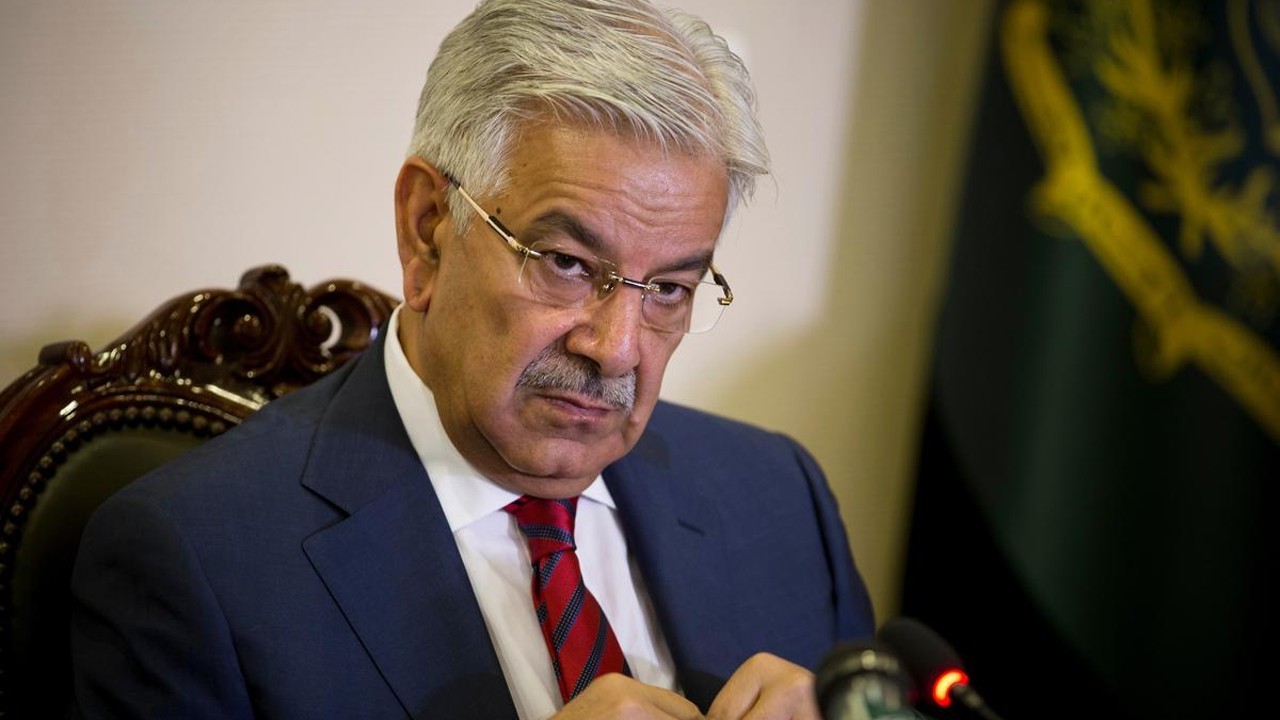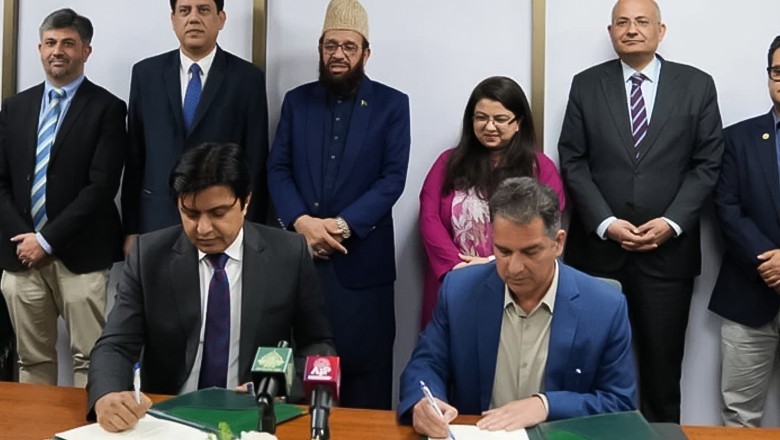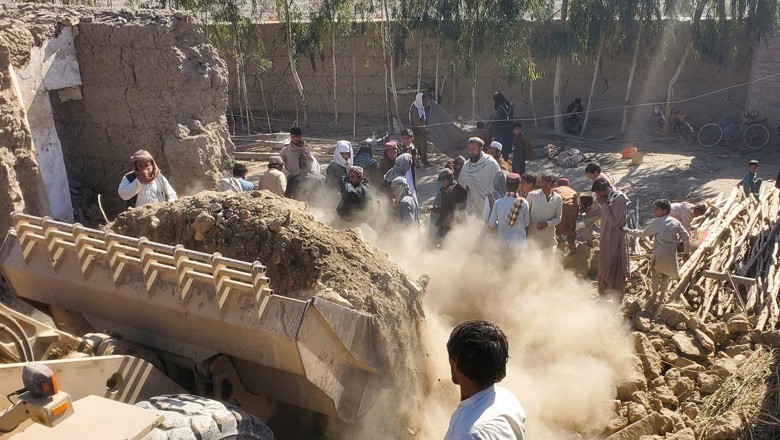Khawaja Asif says Pakistan will prioritize national interest if pressured to join Abraham Accords

Web Desk
|
30 Jun 2025
Defence Minister Khawaja Asif has stated that Pakistan will act in its national interest if it comes under pressure to join the Abraham Accords, a U.S.-backed initiative aimed at normalizing ties between Israel and Arab states.
Speaking during an appearance on 'Nadeem Malik Live' on Samaa TV, Asif was questioned about reports suggesting that Pakistan might soon face diplomatic pressure to endorse the accords. In response, he said,
“We will respond if and when such pressure arises. Consultations are already underway, but our stance will be guided solely by what benefits Pakistan.”
The Defence Minister made it clear that Pakistan would not support any foreign policy—particularly from the United States—if it conflicts with national interests.
“We won’t be part of any U.S. initiative that is harmful to Pakistan,” he asserted.
The Abraham Accords, according to Britannica, are a series of agreements signed in 2020 aimed at normalizing diplomatic relations between Israel and several Arab nations, including the UAE, Bahrain, and Morocco.
While maintaining a cautious position on the accords, Asif acknowledged the U.S. role in supporting Pakistan at international economic platforms and emphasized Islamabad’s active engagement in global diplomacy.
Read more: Israeli soldiers say they were ordered to fire on Palestinians at Gaza aid centers
He also noted that the decision to nominate former U.S. President Donald Trump for the Nobel Peace Prize was made by the previous government.
In the same interview, Asif addressed growing regional tensions with India, issuing a stern warning that any attempt by New Delhi to block Pakistan’s water supply would be considered an act of war.
“If India stops Pakistan’s water, it will be considered war,” he said.
He also accused India of sponsoring terrorism in Balochistan, claiming that Pakistan holds concrete evidence to support its allegations.
“India is involved in terrorism in Balochistan. We have proof, and several countries have backed our position,” Asif added.
His remarks come at a time when Pakistan is navigating complex geopolitical challenges, including economic diplomacy, regional security, and pressure to recalibrate its foreign policy in a shifting global order.












Comments
0 comment